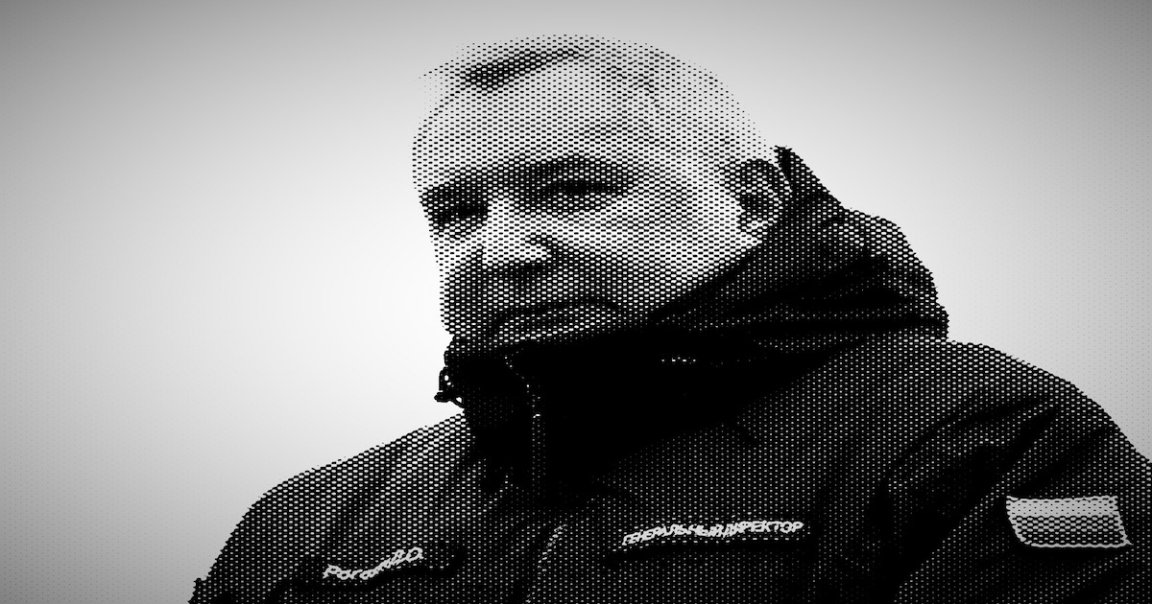
Russian journalist Dmitry Popov published a scathing and surprisingly transparent takedown of the Russian space program, Roscosmos, in the state-aligned paper MK this week.
In a country that regularly perpetuates police violence and oppressive criminal charges against journalists, it’s unusual to see such a damning report in a state-aligned paper. As spotted by Ars Technica, the story is evocatively headlined “The Space Program Is Rotting from Within,” and details missed deadlines, unsafe equipment, and malfunctions, as well as corruption and embezzlement, at Roscosmos, Russia’s space program.
“Because Roscosmos is exercising, shall we say, not-so-strict control over execution of defense contracts by its daughter companies,” Popov wrote, according to Ars‘ translation. “In March 2020, Dmitriy Olegovich Rogozin approved the relevant procedural regulations to exercise control over execution of Defense Ministry contracts by subordinate organizations of the State Corporation. However an audit showed that his subordinates are in no hurry to comply with procedures…Where appropriate controls are insufficient, fraud and abuse are inevitable.”
Ars reports that the Khrunichev Center agreed to produce 10 booster cores for the Angara A5 rocket five years ago, the first five of which were delivered only this year, with the other five not even finished yet.
Popov reports that Roscosmos is struggling to produce the Soyuz rockets and Progress spacecraft, mainstay vehicles of the space program. In addition, some chemicals required for space travel can’t be created in Russia. They have to be delivered from Germany, but those international deliveries are affected by sanctions against the Russian Federation and could, as Popov wrote, stopped “with a single keystroke.”
It’s clear that Russia’s space program is crumbling and riddled with corruption and a lack of trained and reliable employees. Much of the money spent on salaries goes to high falutin’ technocrats who are paid the equivalent of hundreds of thousands of dollars a year. Meanwhile the workers who actually create rockets and produce products hardly make enough to get by.
All these allegations are concerning, especially if Russia hopes to stay in the space game, but of equal concern is Popov’s safety in the near future. Human Rights Watch published a report in April that found the free press in Russia in still under blatant attack, so much so that the government brought criminal charges against a university’s student paper and its writers. During protests this year, police also detained 10 journalists even though they complied with requirements of wearing vests, badges and confirmation they were on an assignment.
So far, the Russian government hasn’t responded to Popov’s article. But it’s certain to get the attention of President Vladimir Putin, a man not exactly known for kindness to political opponents and truth-tellers.
More on Russian space problems: Russia Mocked SpaceX. Now It’s Reserved a Seat for a Cosmonaut